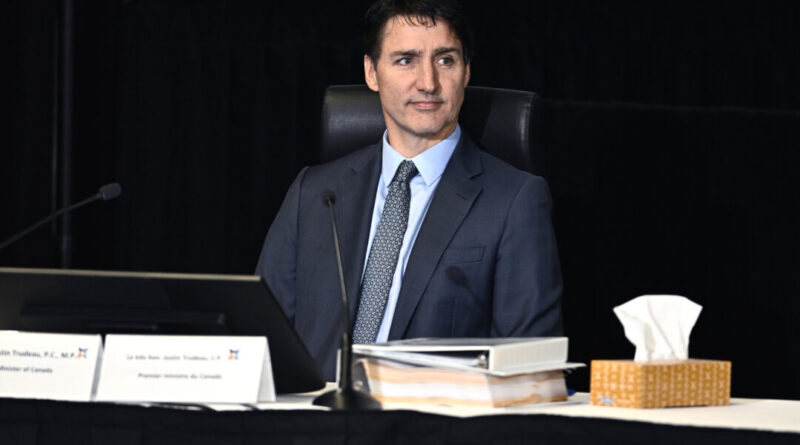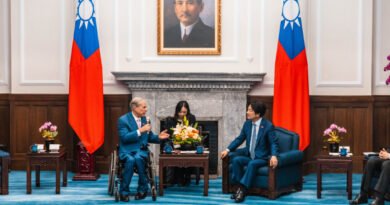MPs Colluding, Warrant Delayed, Internal Tensions: Key Findings from Foreign Interference Inquiry
The recent phase of public hearings at the Foreign Interference Commission has come to an end this week, leaving some questions unanswered regarding issues such as a delayed surveillance warrant, as well as broader concerns surrounding the definition of foreign interference.
During the hearings, tensions within the federal government were evident, as diplomats and top officials challenged Canada’s spy agency on what constitutes a threat to national security. There were also disagreements over the conclusions drawn by lawmakers serving as national security watchdogs, who had previously raised concerns about certain colleagues colluding with foreign states.
The culmination of these differing perspectives was highlighted by Prime Minister Justin Trudeau testifying on the final day of hearings on October 16, as the commission concluded its assessment of Ottawa’s ability to counter foreign interference. Trudeau addressed the controversies and tensions surrounding a variety of national security issues.
One of the key points of contention during the hearings was the lack of clarity on foreign interference in Ottawa, as highlighted by questions raised by Gib van Ert, counsel for Tory MP Michael Chong. Van Ert inquired about why senior decision-makers were not informed about Beijing’s efforts to gather information on Chong and his family in China, despite CSIS sending reports to relevant departments and officials.
Other areas of tension that emerged during the public inquiry included debates over what constitutes foreign interference and the potential involvement of lawmakers in such activities. The National Security and Intelligence Committee of Parliamentarians released a report in June that suggested some politicians had participated in foreign interference, a conclusion that was met with opposition from top security officials.
Minister of Public Safety Dominic LeBlanc echoed the sentiment that lawmakers serve honourably in Parliament, despite instances of poor judgment. Trudeau added that he was aware of Conservative Party members who were implicated in foreign interference activities, indicating that similar concerns extend across party lines.
Throughout the hearings, there was a focus on the flow of information within the government, particularly related to memos and reports about foreign interference. Trudeau confirmed that certain briefings on the subject had never reached him, indicating gaps in communication and decision-making processes.
The inquiry also delved into the issue of a delayed surveillance warrant application, which had caused consternation within CSIS due to the unusual delay in approval. The warrant, related to former Ontario Liberal cabinet minister Michael Chan but withheld from public disclosure for national security reasons, raised concerns about potential threats and interference from foreign entities.



